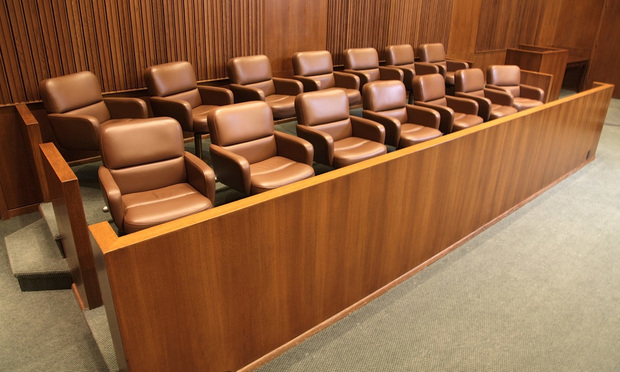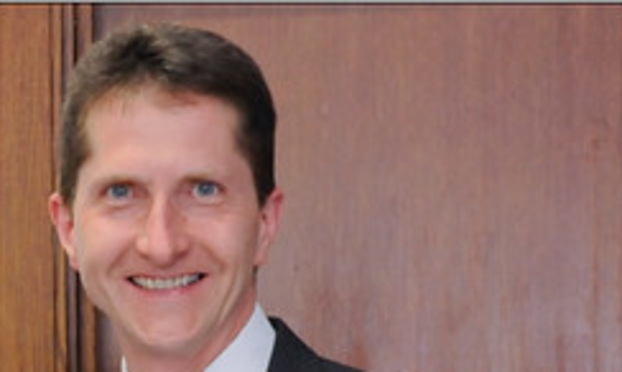 Trying a white-collar case carries unique challenges, and they begin with selecting a jury. Even now, almost a decade after the financial crisis that affected so much of the American population, many jurors view financial institutions and those who work at them with a certain degree of anger and suspicion. And, when your client is a corporate executive, the pool from which you are selecting jurors may be far from a jury of one’s peers, professionally speaking. Rather, you will be trying your case to a group in which many will not understand the financial transactions at issue, and will not be familiar with the workings of corporations and the role of executives in these corporations.
Trying a white-collar case carries unique challenges, and they begin with selecting a jury. Even now, almost a decade after the financial crisis that affected so much of the American population, many jurors view financial institutions and those who work at them with a certain degree of anger and suspicion. And, when your client is a corporate executive, the pool from which you are selecting jurors may be far from a jury of one’s peers, professionally speaking. Rather, you will be trying your case to a group in which many will not understand the financial transactions at issue, and will not be familiar with the workings of corporations and the role of executives in these corporations.
Prosecutors often take full advantage of the disparity between the lives of most jurors and the lives of white-collar defendants. They start with references to greed and point to “lavish” and “extravagant” lifestyles if they can. Dennis Kozlowski’s $6,000 shower curtain and his $15,000 umbrella stand became the centerpieces of the Government’s presentation at his 2005 trial, and we heard about them from mock jurors in white-collar cases for years to come.






